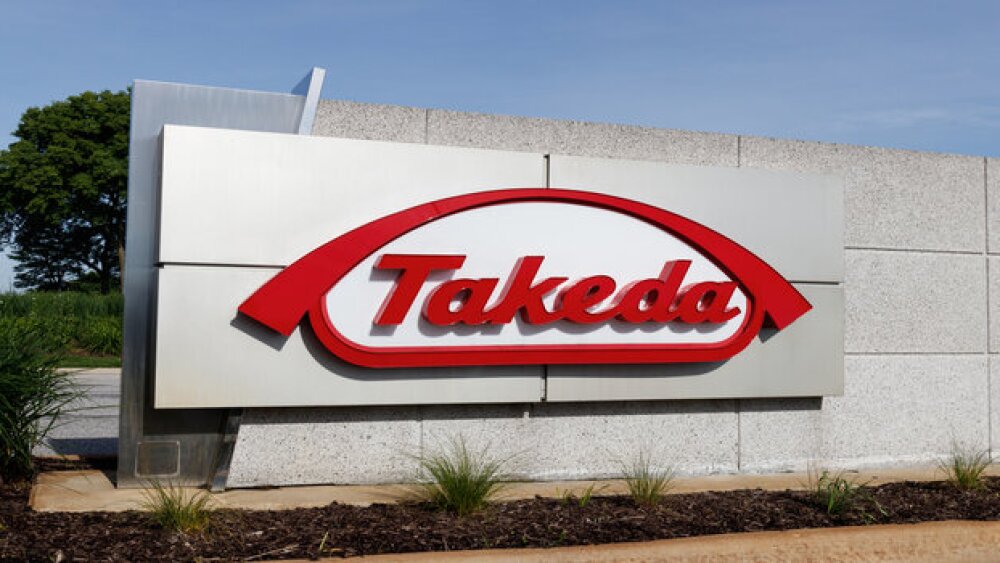Although yesterday’s media focus was on the riots at the U.S. Capitol, there was a fair amount of ongoing COVID-19 news. Here’s a look.
Although yesterday’s media focus was on the riots at the U.S. Capitol, there was a fair amount of ongoing COVID-19 news. Here’s a look.
Rare Vaccination Side Effect in People Who Received Cosmetic Facial Fillers
An update from the U.S. Food and Drug Administration (FDA) noted that there have been a few reports of people who received cosmetic injections to smooth wrinkles or plump lips having unexpected swelling related to the COVID-19 vaccination. The American Society of Plastic Surgeons says about 2.7 million people in the U.S. get filler injections annually. However, the reaction, which suggests the vaccine is triggering the immune system as it’s supposed to, is very rare. None of the cases required an EpiPen injection or hospitalization. None were considered life-threatening.
“We have heard about three incidences that occurred in the Moderna Phase III trial that involved 30,000 patients … so the incidence is very rare,” said Herluf Lund, a cosmetic surgeon in St. Louis and president of The Aesthetic Society. “It’s a 1 in 10,000 incidence.”
Florida Physician Died Several Weeks After Vaccine, Unclear if it’s Related
A 56-year-old Florida doctor, Gregory Michael, an OB-GYN at Mount Sinai Medical Center in Miami Beach, died from a hemorrhagic stroke seemingly caused by a lack of platelets. This occurred several weeks after receiving the Pfizer-BioNTech COVID-19 vaccine. Medical examiners are investigating. The stroke was caused by thrombocytopenia, a lower level of platelets. Although it has not yet been linked to the COVID-19 vaccine, in rare cases, measles, mumps and rubella vaccines have been associated with thrombocytopenia in young children, although it can be caused by a number of other disorders, including cancer, anemia, heavy alcohol use, viruses, toxic chemicals, diuretics and some genetic disorders.
Pfizer and BioNTech stated, “It is important to note that serious adverse events, including deaths that are unrelated to the vaccine are unfortunately likely to occur at a similar rate as they would in the general population…. Our immediate thoughts are with the bereaved family.”
Former FDA Director Warns of Risk of Delaying 2nd COVID-19 Vaccine Shot
The Pfizer-BioNTech COVID-19 vaccine requires two doses taken 21 days apart and the Moderna vaccine requires two doses taken 28 days apart. The UK, which also has approved the two-shot vaccine taken a month apart from AstraZeneca and the University of Oxford, has made a decision to administer the second shots 12 weeks after the first dose in order to get out more of the vaccine to as many people as possible. Denmark approved a six-week delay between doses and Germany is considering a similar decision.
Norman Baylor, a former director of the FDA’s office of vaccines research and review said any such decision should be based on data. “It’s very risky to try to extend [the gap between two doses] or give one dose in the absence of data. I understand some of the rationale to do this, but again, it’s not really data driven. It’s a very risky venture because if it fails, you’re in worse shape.”’
The FDA issued a statement saying, “Until vaccine manufacturers have data and science supporting a change, we continue to strongly recommend that health care providers follow the FDA-authorized dosing schedule for each COVID-19 vaccine.”
COVID-19 Vaccine Reactions Rare, but about 10 Times More Likely than Flu Shot
A study published by the U.S. Centers for Disease Control and Prevention (CDC) cautioned that the COVID-19 vaccine seems to cause severe allergic reactions at a much higher rate than other vaccines, such as the flu vaccine. There were 21 cases of anaphylaxis, a severe and life-threatening allergic reaction, out of the 1.9 million people who received the first dose of the Pfizer-BioNTech vaccine in mid-to-late December. That’s still an extremely rare rate, suggesting that about 11 out of every one million would experience anaphylaxis.
“The anaphylaxis rate for COVID-19 vaccines may seem high compared to flu vaccines, but I want to reassure you that this is still a rare outcome,” said Nancy Messonnier, director of the CDC’s National Center for Immunization and Respiratory Diseases.
Of the 21 people with severe allergic reactions, 17 had a documented history of allergies and allergic reactions, with seven having a history of anaphylaxis. Most experienced symptoms within 15 minutes of receiving their first shot. Of the 20 people available for follow-up, all recovered or had been discharged home.
COVID-19 Vaccines Expected to Work on South African Strain
As reported yesterday, a new, more contagious strain of the SARS-CoV-2 virus that causes COVID-19 that originated in South Africa has created concerns the vaccines may be ineffective against it. Although studies are still ongoing with official data expected soon, most researchers and the lead investigators of the several vaccine trials being run in South Africa believe the vaccines will work against the new variant, although their efficacy may not be as high. BioNTech indicated they expected to release data from their tests on the South African variant later this week.





